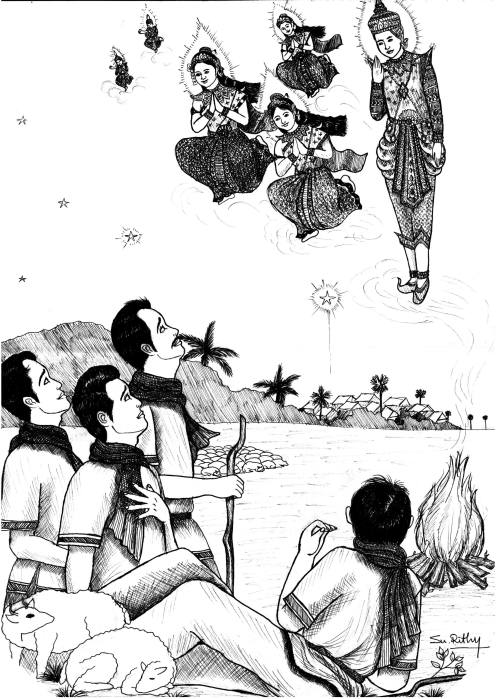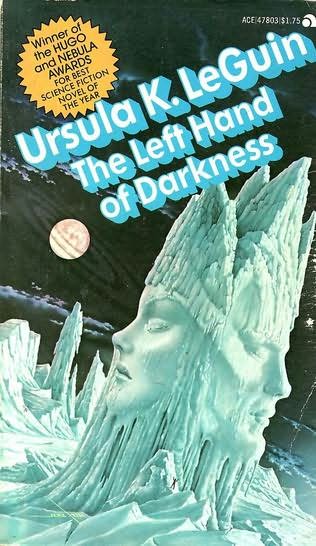
Depending on which authority you follow, based on the observation of the first crescent of the new moon, the holy Islamic month of Ramadan began either last Wednesday or Thursday. This month of months is set apart by fasting.
Islamic practice is to refrain, during the daylight hours of the month of Ramadan, from consuming any food, drink, tobacco, and having sex. On the positive side, Muslims are encouraged to pray, give charitably and think on God more during the fast.
As the Islamic calendar is based solely on lunar phases without regard to tropical seasons, the months slowly move through the seasons each year. Ramadan falling in August means, in the northern hemisphere, around fifteen hours without food or water each day for around 29/30 days. (Mehdi Hasan has written some basic FAQs on Ramadan for New Statesman.)
As an Anglican I’m fascinated by the Islamic fast. The practice of fasting in Anglicanism is in a shabby state. For most it consists of ‘giving up’ something for the forty days of Lent, usually chocolate. It is not exactly taxing. Apart from the giving up of things, we do encourage Lent courses as a way of getting some positive spiritual input, but we have to admit that it’s all quite slim. The Roman Catholic Church has always been more legalistic when it comes to fasting, setting out what can and can’t be eaten, and how much. However, the history of Catholic pronouncements on fasting shows a steady rolling back of strictures. In contrast, Eastern Christianity has retained a more robust idea of fasting: animal products and alcohol are not consumed during fasts, making one a vegan teetotaler.




